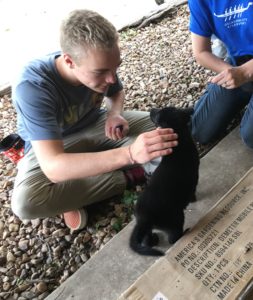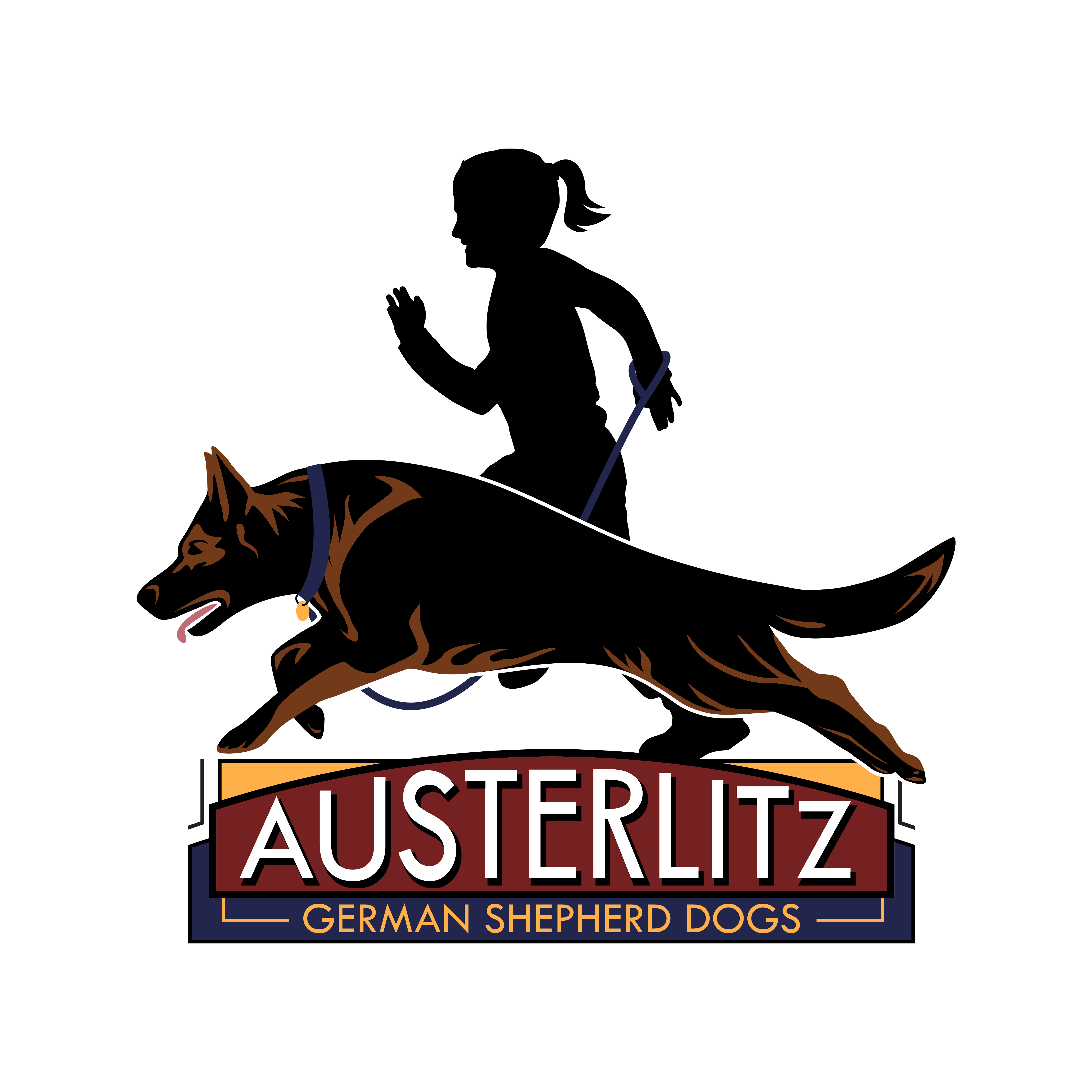It seems simple really, something that good breeders are already doing can play such a vital role in helping puppies thrive during transitions. Easing transitions through individual handling by familiar people, positive experiences in novel locations, and positive experiences with novel people.
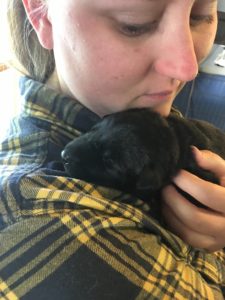
1. Individual Handling = Attention, Treats, Fun.
As per the Puppy Culture protocol we follow, as soon as your dam will tolerate it, remove each puppy from the dam and litter for individual attention. Make some time for this each day if possible. Early on, this will be exclusively cuddling, brushing, and other form of petting, but as the puppy matures and becomes socially aware this should expand to include grooming, husbandry, and training, all taught and conditioned with high value food as well as play. Create a checklist, or use the Puppy Culture Workbook to ensure you rotate through each type of activity with each puppy.
2. Novel Locations= Attention, Treats, Fun.
As part of your Individual Handling, be sure to rotate through different locations. It’s tempting, and convenient, to simply remove a puppy and work in the living room, but make an effort to use every puppy safe room of your house, and even carrying a puppy outside to a front or back porch. Older puppies can be taken to your puppy safe yard, or even off property in a puppy stroller. If you are doing car conditioning, this counts as a novel location and individual attention too.
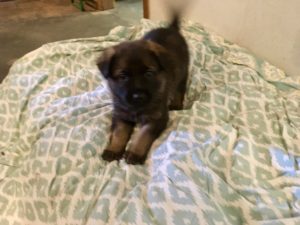
3. Novel People Equal Attention, Treats, and Fun.
Even though breeders often wait to introduce novel people until puppies are older, most breeders have a small group of family and close friends who drop by to visit puppies (using all appropriate bio hazard protocols). These visits should contain some individual handling of puppies, of course be sure your dam will tolerate this, and use proper management to ensure everyone is comfortable and safe. When your guests arrive, take a few moments to load everyone up with super yummy treats (assuming your puppies are eating and excited about food), give out age appropriate puppy handling instructions, and remove a single puppy from the litter for individual cuddles, treats and if enjoyed by the puppy, training and grooming. Two or three minutes is long enough for these individual sessions. After each puppy has had a turn, the litter can be released for a mass visit.
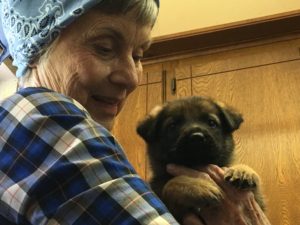
Something as simple as a few moments of individual attention, having fun in novel locations, having fun meeting new people as an individual puppy can have a lasting impression and help your puppies face future transitions with confidence.
*NOTE! Always supervise, manage, and control each socialization exposure of each puppy. Remember, Single Event Learning is real and any scary or traumatic experience during the CSP can have long lasting effects on the puppy’s behavior. Do you best to use Single Event Learning to the advantage, not detriment, of your puppies.
